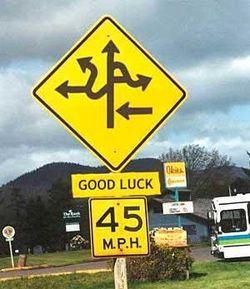You know how sometimes you finish reading something and you say, “Wow, that was great”?
Why is one piece of writing good and another not so good?
Well, to a certain extent, everyone likes different things. For example, I like Harry Potter, but I’m not terribly fond of Percy Jackson. That’s what we call “taste.” I can’t really explain it, because those are both well-written book series.
But aside from taste, there are some things that make writing “good.” Here are three of them.
Young writers often think that in order to appeal to the most people, they should be really general. Like, maybe they’re writing about a kid climbing a tree, and they don’t want to say what kind of tree it is because maybe the reader doesn’t like that kind of tree.
This is actually wrong! Specific details are what makes writing great. Would Harry Potter be better if he just had “a scar” on his forehead rather than his lightning-shaped scar? The shape of the scar is very memorable, and it catches people’s attention.
Use lots of details!
Writing shouldn’t be confusing. If people can’t understand what the sentences mean, they get frustrated and eventually they stop reading. So if you are choosing between a simple word that means what you need it to mean and a complicated word that might confuse people, you should probably go for the simple word.
Also, really long, confusing sentences might seem fancy to you. But if your readers get confused by them, they’ll stop reading! So don’t put too many words and ideas into one sentence. Break them up.
Paragraphs also help to make your writing clear. People don’t like to read big long chunks of text, so break your writing into sections of text that relate to one topic.
In a conversation, we might talk about all sorts of random things in no particular order. That’s how conversations happen. But when people read a piece of writing, it has to make sense because they can’t ask the writer questions while they’re reading.
The key to being organized is to read your writing and try to figure out what questions the reader might ask you. Where is the reader going to get confused? What information will the reader need next?


